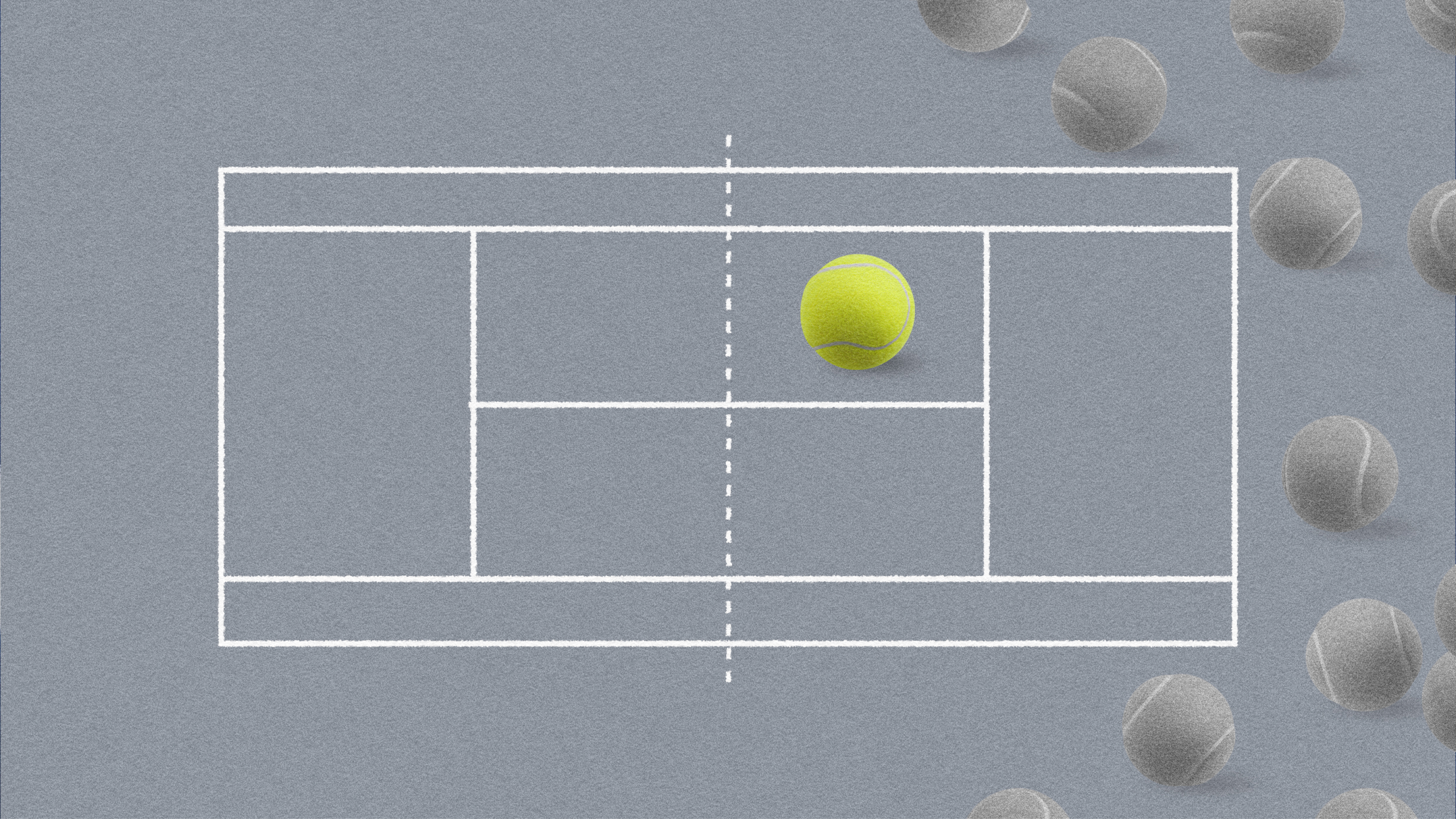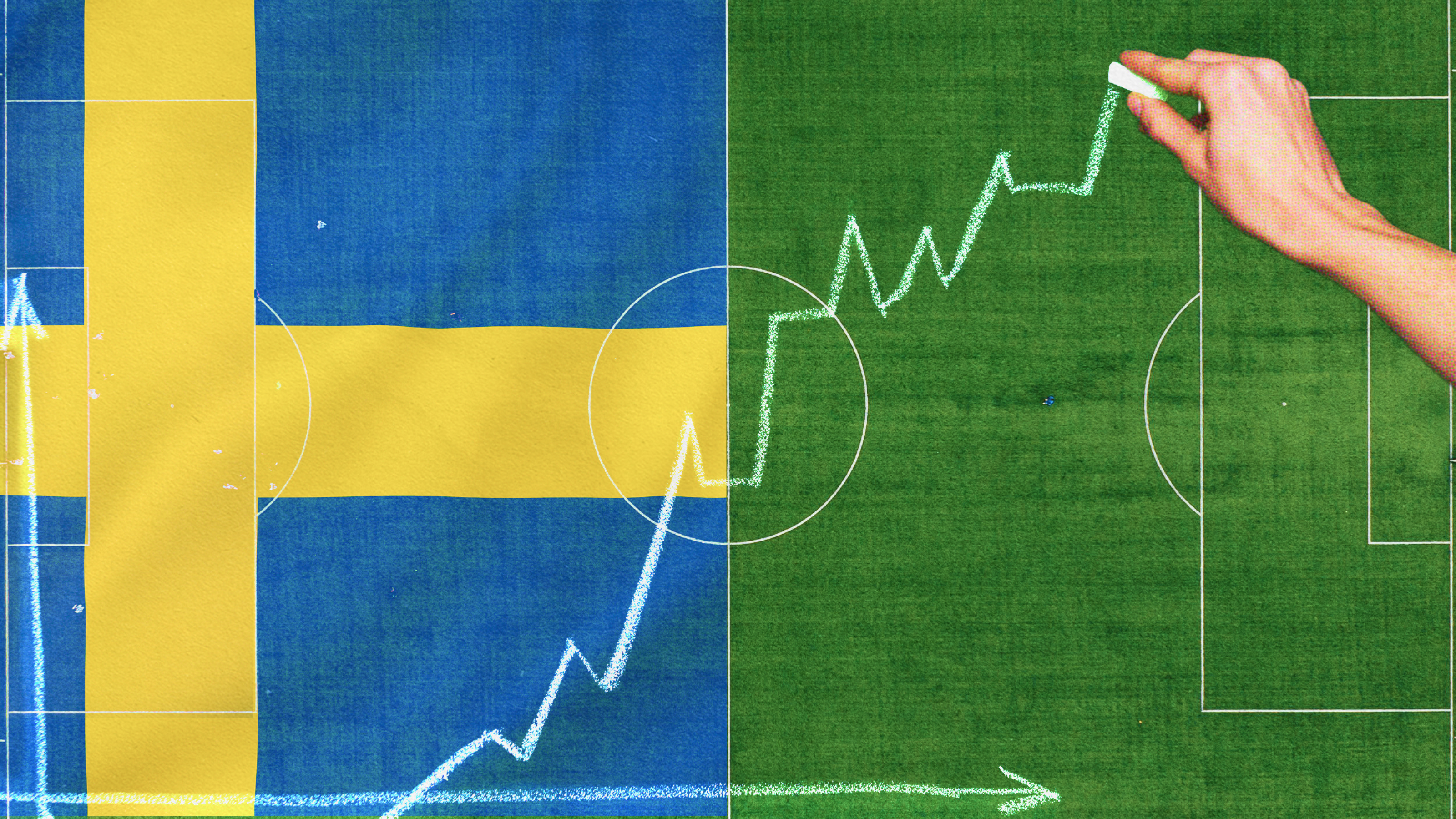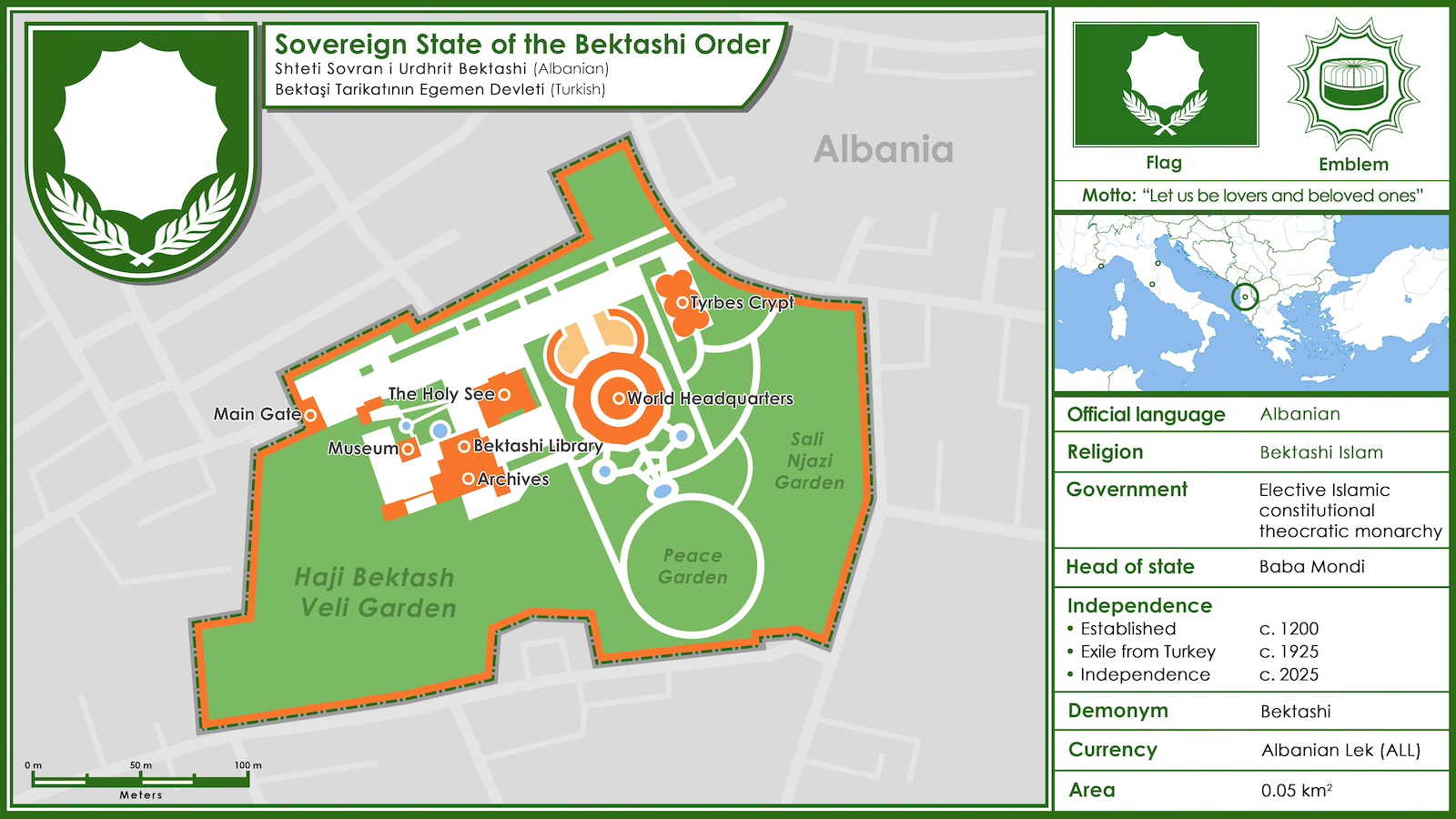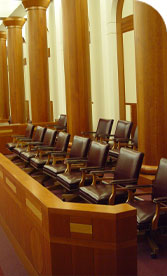Does Soccer’s World Cup End Old Wars or Start New Ones?

Much has been made of the soul-affirming, uniting force of sports. The recent Clint Eastwood film, Invictus, paints that portrait around the 1995 World Cup of Rugby, which was hosted and won by the South Africans. But considering its international appeal and rabid following, soccer just might be the most powerful uniting force on the planet. Of course, it might also be the great global divider as well.
With the upcoming World Cup in South Africa, soccer has been portrayed primarily in the media of late as a dividing force. A questionable call in a World Cup qualifying match that eliminated Ireland while allowing France to qualify for the big tournament has produced a schism between two countries that previously had little history of conflict. The controversy surrounded Thierry Henry’s handball, an illegal play that was missed by referees before knocking Ireland out of the tournament. It didn’t take long for Irish soccer fans to begin marching on the French embassy in Dublin, in what was a rare diplomatic fallout between Western European nations.
A similar, if less unexpected fallout, occurred in November over similar World Cup qualifiers between Egypt and Algeria, the first qualifying match between the two countries in 20 years. A loss by Egypt inspired a similar rally around the Algerian embassy in Cairo. In the violent clashes that followed between Egyptians and Algerians, dozens were hurt and ambassadors were recalled. Of course none of it compares to the great soccer war between Honduras and El Salvador in 1969. That year, qualifying matches between the two countries resulted in similar violence, including stadiums being set ablaze.
But the World Cup has been a tool of peace as well. In the 2006 World Cup, Ivory Coast’s qualifying for the big show inspired a peaceful respite from a civil war that had been going on for years. Even if it was primarily so they could enjoy the big soccer match, the Ivory Coast was temporarily at peace. More recently, South Africa’s hosting the event inspired a large-scale Peace Conference and Peace Cup, while the recent diplomatic ties between Turkey and Armenia was born primarily out of the then-upcoming World Cup.
With their borders closed for over a decade, Turkish President Abdullah Gul attended a 2008 soccer match between Turkey and Armenia in the Armenian capital of Yerevan in what was considered a landmark show of diplomacy. That soccer match inspired subsequent formal talks, which were scheduled to end in time for both countries to enjoy the World Cup (of course). At least we can be sure there will be fewer acts of aggression on an enemy while the matches are going on. Their aftermath could be a whole other story.





